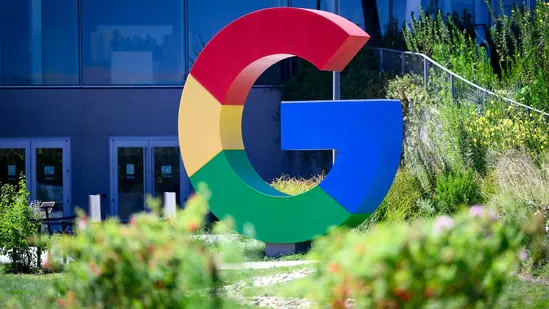A US federal jury on Wednesday ordered Google to pay approximately $425 million in damages for illegally collecting user data from smartphone apps, even when users had enabled privacy settings. The verdict marks a significant moment in the ongoing debate over digital privacy and tech accountability.
The class action lawsuit, originally filed in July 2020, accused Google of surreptitiously gathering sensitive data from mobile apps without user consent.
“This case is about Google’s illegal interception of consumers’ private activity on mobile applications,” attorneys for the plaintiffs stated during the proceedings in San Francisco.
According to the complaint, Google continued to track, collect, and monetize users’ app activity despite users opting out through available privacy settings.
In response, Google spokesperson José Castañeda said the company strongly disagreed with the verdict and would appeal.
“This decision misunderstands how our products work,” he said in a statement. “Our privacy tools give people control over their data, and when they turn off personalization, we honor that choice.”
The ruling came just one day after a separate legal victory for the tech giant, when a federal judge in Washington, D.C., rejected a U.S. government request that Google be forced to divest its Chrome browser as part of a broader antitrust case.
The San Francisco verdict adds to growing global scrutiny of Google’s data practices. The company has long faced criticism for the tension between its data-driven advertising business model and user privacy. It has been attempting to phase out tracking technologies like third-party cookies in favor of less invasive alternatives, while still maintaining advertising effectiveness.
Cookies—small files stored on users’ browsers—track online behavior and remain a cornerstone of digital advertising. However, regulatory bodies are increasingly cracking down on how companies deploy them.
In a separate development on Wednesday, France’s data protection authority (CNIL) issued record fines to Google and Chinese fast-fashion retailer Shein for failing to obtain proper consent before placing advertising cookies on users’ devices.
CNIL fined Google €325 million (approximately $350 million) and Shein €150 million ($175 million), two of the largest penalties ever imposed by the French regulator. Both companies have the right to appeal.
The CNIL stated that both firms failed to ensure users gave “free and informed” consent before tracking technologies were activated. Google, in response, said it would review the decision and asserted that it had complied with earlier directives from the regulator.
This marks the third fine CNIL has issued to Google over its cookie practices, following penalties of €100 million in 2020 and €150 million in 2021.
AFP


